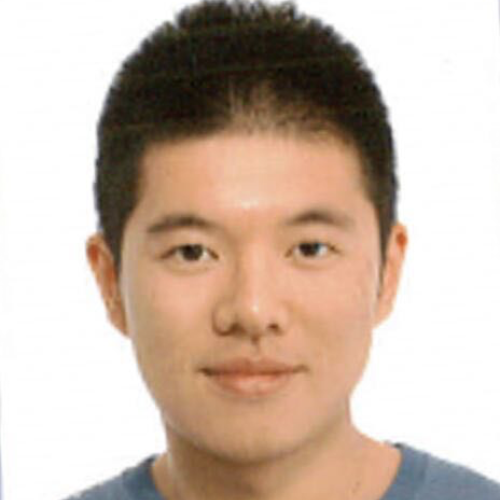Members of Associate Professor Dong Wang's research group, the Social Sensing and Intelligence Lab, will present their research at the 2024 IEEE International Conference on Big Data (BigData 2024), which will be held from December 15-18 in Washington, D.C. BigData 2024 is the premier venue to present and discuss progress in research, development, standards, and applications of topics in artificial intelligence, machine learning and big data analytics.
PhD student Huimin Zeng will present the paper, "Federated Recommendation via Hybrid Retrieval Augmented Generation." In this paper, Zeng and his collaborators propose a novel AI framework called GPT-FedRec that can address critical challenges of data sparsity, heterogeneity, and privacy-preservation in Federated Recommendation (an approach that aims to improve the filtering of useful information by users while preserving their privacy). GPT-FedRec is a two-stage framework, which first trains ID-based and text-based retrieval models to perform a novel hybrid retrieval and then prompts ChatGPT for re-ranking. The LLM-based re-ranking is a retrieval augmented generation process, resulting in a robust and generalizable solution for real-world recommendation systems.
Informatics PhD student Zhenrui Yue will present the paper, "Transferable Sequential Recommendation via Vector Quantized Meta Learning." In this paper, Yue and his collaborators address a key challenge in recommendation systems—how to effectively transfer knowledge from data-rich domains to new domains with limited data, particularly when there is no overlap between user and item groups. The researchers propose MetaRec, a novel framework that combines vector quantization (a method used in machine learning for data compression and efficient similarity search) to align item representations across domains with an adaptive meta-learning approach that selectively transfers knowledge from multiple source domains. The framework maps items from different domains into a shared feature space and learns to optimally transfer patterns from source domains to improve recommendations in the target domain. This work addresses the critical need for more generalizable and efficient recommendation systems that can quickly adapt to new domains while maintaining high performance.
The primary research focus of the Social Sensing and Intelligence Lab lies in the emerging area of human-centered AI, AI for social good, and cyber-physical systems in social spaces. The lab develops interdisciplinary theories, techniques, and tools for fundamentally understanding, modeling, and evaluating human-centered computing and information (HCCI) systems, and for accurately reconstructing the correct "state of the world," both physical and social.

